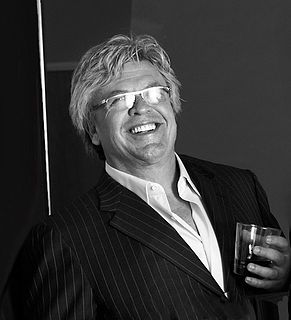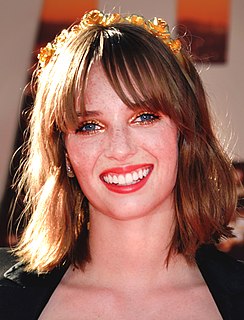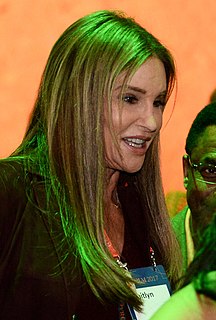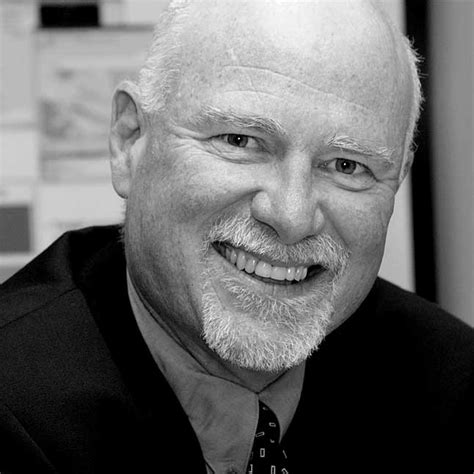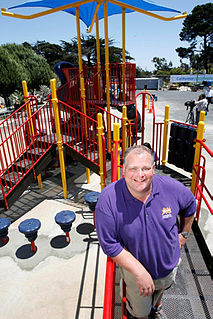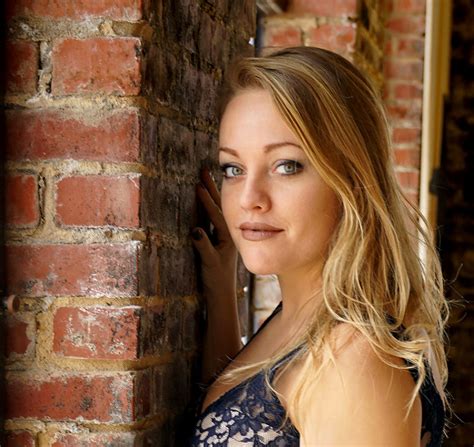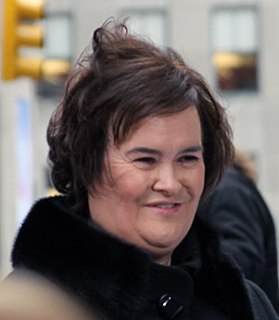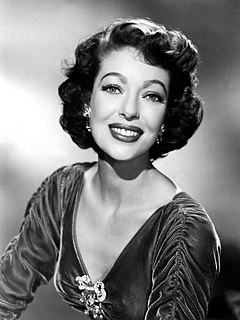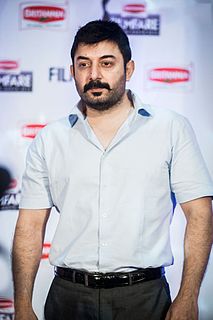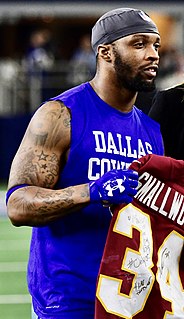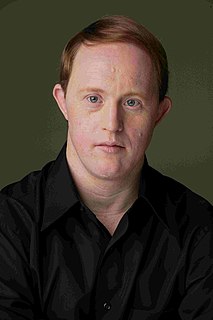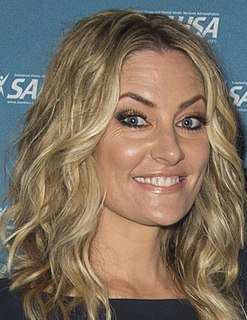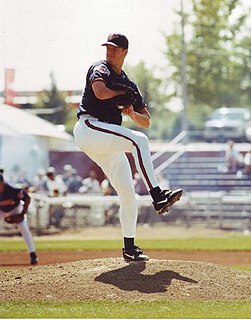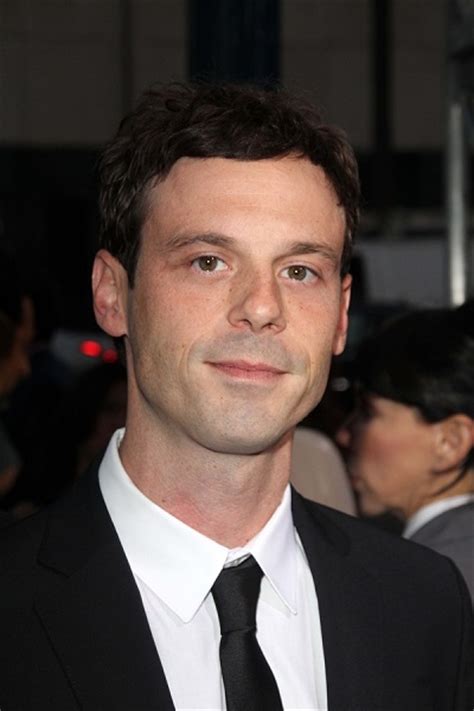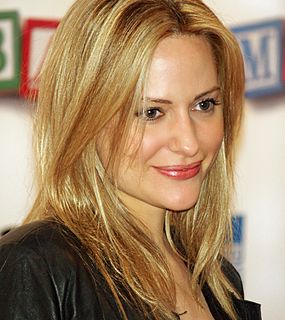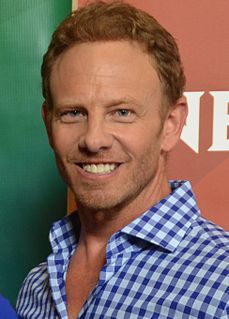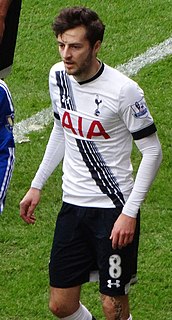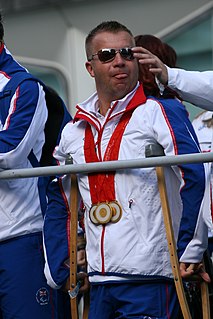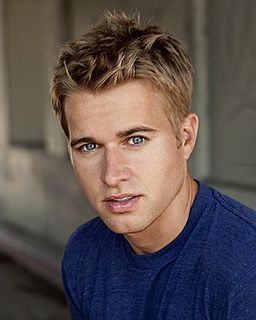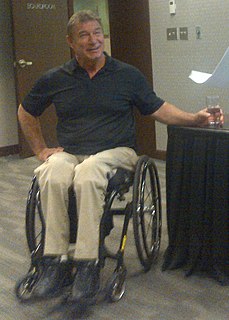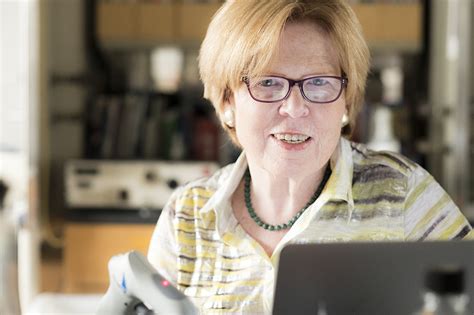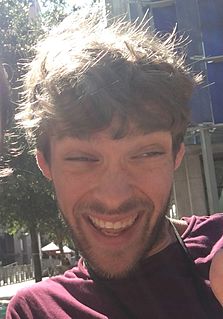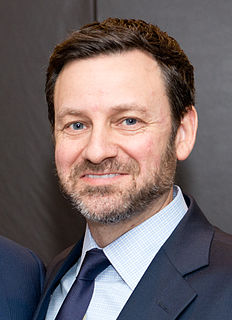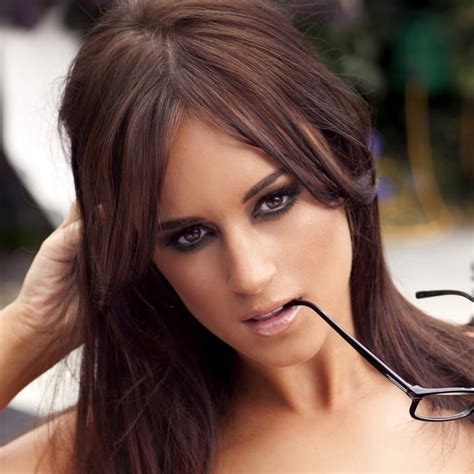Top 1200 Learning Disability Quotes & Sayings
Explore popular Learning Disability quotes.
Last updated on April 14, 2025.
It seems to me that people who don’t learn as easily as others suffer from a kind of learning disability—there is something different about the way they comprehend unfamiliar material—but I fail to see how this disability is improved by psychiatric consultation. What seems to be lacking is a technical ability that those of us called ‘good students’ are born with. Someone should concretely study these skills and teach them. What does a shrink have to do with the process?
There are some cases that have come to my attention where there's been a head injury, or getting struck by lightning and surviving, with really no disability or residual. So there are cases that I'm aware of where there's been some incident which triggered the acquired savant ability, but is not associated with long term disability, so that can occur. But I think that's probably the exception rather than the rule in that I think many of the acquired savants do end up with some residual disability.
When I met my first savant in 1962, I was impressed by the abilities in these youngsters who had severe disabilities. They appeared to me to be islands of genius in the sea of disability. So I've maintained that word picture since that time, of these islands of genius that are so striking and so jarring when you see them, especially in people who have severe disability.
In Scandinavia probably the most worker-supportive part of the planet, they have the highest rate of chronic pain and worker-related disability. So any kind of pain and difficulty is so much unwelcome that if you say that you're in pain, we're going to even pay you full salary to quit work because you're burned out, inside that what you're going to create is gigantic amounts of chronic pain syndrome. Scandinavians spend 15 percent of their gross national product on disability. 50 percent of the public health nurses are on disability. And that's where we're headed in the U.S. too.
It's the thing I struggle with every day: the mental diligence and stamina needed to sit in front of the computer, open the file, start writing and to keep doing so, word after word, until I've created the next story. A combination of learning disability and chronic health issues make that the hardest thing for me.
Growing up in a group home, and with an undiagnosed learning disability to boot, the odds of success were not on my side. But when I joined the high school football team, I learned the value of discipline, focus, persistence, and teamwork - all skills that have proven vital to my career as a C.E.O. and social entrepreneur.
There are things that I really find important, and that we need to remind ourselves of. When you think about disability, do you really think about it? Someone who's a full-time trainer or a boxer, someone who's got a major disability, but who doesn't let that get in his way, that's a really good message for someone who is able-bodied. It can make them think, 'Wow, I suppose I could be doing better for myself.'
As much as I've been blessed to do, this is for me when I want to do what I really want to do as far as helping people. Obviously helping people with disabilities, I want - my desire is to in my lifetime be a very integral part of getting this country and the world completely accessible to everyone with any disability. There should be nowhere that we can't go, and there should be nothing that we can't do. Considering that we have the disability, whichever one it might be, we will be so on point with being able to do that we need little to no assistance.
There are millions of people out there ignoring disabilities and accomplishing incredible feats. I learned you can learn to do things differently, but do them just as well. I've learned that it's not the disability that defines you, it's how you deal with the challenges the disability presents you with. And I've learned that we have an obligation to the abilities we DO have, not the disability.
Life consists in learning to live on one's own, spontaneous, freewheeling: to do this one must recognize what is one's own-be familiar and at home with oneself. This means basically learning who one is, and learning what one has to offer to the contemporary world, and then learning how to make that offering valid.
There is first the problem of acquiring content, which is learning. There is another problem of acquiring learning skills, which is not merely learning, but learning to learn, not velocity, but acceleration. Learning to learn is one of the great inventions of living things. It is tremendously important. It makes evolution, biological as well as social, go faster. And it involves the development of the individual.
A savant, by definition, is somebody who has a disability and, along with that disability, has some remarkable ability. Prodigies and geniuses have the remarkable abilities that the savant shows, but they do not have a disability. So, by definition, a savant includes someone with a disability, and a prodigy or genius are people who have these remarkable skills but they do not have a disability.
